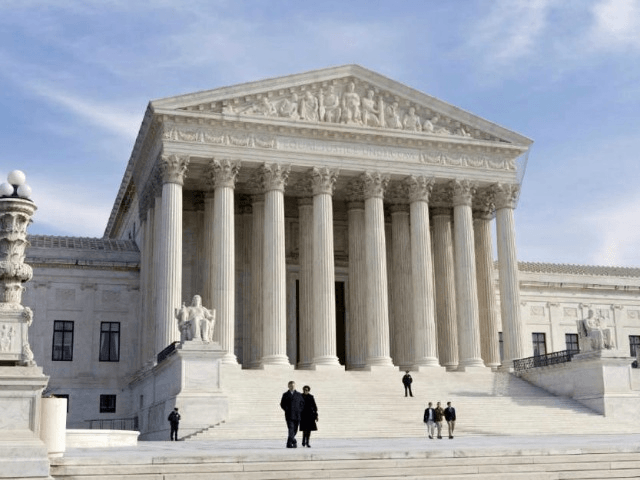The Supreme Court of the United States held Monday that prohibiting churches from participating in non-religious state benefit programs violates the Free Exercise Clause of the First Amendment.
In a 7-2 ruling, the court held in Trinity Lutheran Church v. Comer that states cannot prohibit churches from receiving otherwise generally available benefits based purely on their being a religious institution.
The Missouri Department of Natural Resources decision to deny Trinity Lutheran a grant of recycled tire material for its playground was based on a so-called “antiestablishment” provision in the Missouri state constitution. Present in many state constitutions, Missouri’s reads as follows:
That no money shall ever be taken from the public treasury, directly or indirectly, in aid of any church, sect or denomination of religion, or in aid of any priest, preacher, minister or teacher thereof, as such; and that no preference shall be given to nor any discrimination made against any church, sect or creed of religion, or any form of religious faith or worship
The 16-page opinion by Chief Justice John Roberts ruled that provisions like this cannot be used by states to deny churches and other religious institutions the right to participate in neutral state benefit programs, like the recycled tire material grant program at issue here, merely because they are a faith-based organization.
The program here had no relationship to religious activity and, therefore, discriminated against Trinity Lutheran Church. Since the church would have otherwise qualified, the state’s decision was held to violate the U.S. Constitution’s prohibition on interference with the free exercise of religion.
The Court distinguished an earlier Supreme Court case, Locke v. Davey, which okayed the use of antiestablishment provisions to prevent state scholarships from being used for theological degrees. Unlike here, where the grant concerned a playground that merely happened to be operated by a church, that case concerned the use of state funds for an actual religious purpose.
The Trinity Lutheran case, argued before the Court in April, was seen as the first major case in which Justice Neil Gorsuch participated. He wrote a concurring opinion as did Justice Stephen Breyer.
A dissent in the case was authored by Justice Sonia Sotomayor and joined by Justice Ruth Bader Ginsburg.

COMMENTS
Please let us know if you're having issues with commenting.